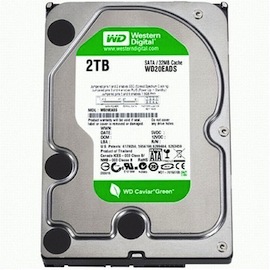
In a world where anyone can sign up for free Gmail accounts with 10 gigabytes of storage space, it seems strange that the DEA would abandon a major prescription drug-dealing case just because it doesn’t have the hard-drive space to maintain the vast amounts of evidence associated with it. But that’s just what happened last week in Iowa, when a federal judge dropped charges against Armando Angulo, a former doctor in Miami who was indicted in 2007 for selling millions of dollars’ worth of prescription drugs to patients he never even met. Angulo was then employed by Pharmacom International Corp., a Florida-based web company whose doctors signed off on prescriptions with virtually no information from the supposed patients who requested them. After Angulo found out he was under investigation, in 2004, the doctor hightailed it to his native Panama, which doesn’t extradite its own citizens to the US. So the huge quantity of evidence accumulated in the investigation—over 440,000 documents and two terabytes of data—has been gathering actual and virtual dust on the DEA’s shelves and servers, with little hope of ever being used in a trial.
A terabyte equals 1,024 gigabytes, so the data in the case added up to about 200 maxed-out Gmail accounts. That might not sound like all that much, given that, according to Google co-founder Larry Page, there are more than 350 million 10-gigabyte Gmail accounts in the world (that’s nearly 342,000 terabytes). But, according to the AP, two terabytes apparently sucked up an incredible 5% of the DEA’s worldwide electronic storage capacity. And that’s why federal prosecutors asked for the case against Angulo to be dismissed—to free up space for other cases. Still, even though this case against him has been tossed out (with prejudice, so it can’t be reopened), Angulo won’t be cruising the South Beach strip again anytime soon: he remains wanted for other, still-active Medicaid fraud and narcotics charges in Florida.
